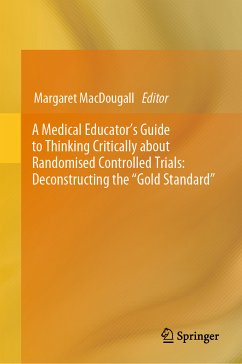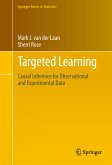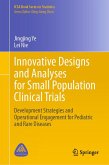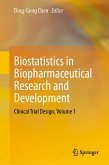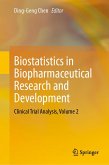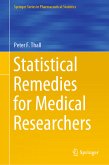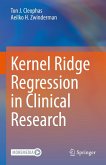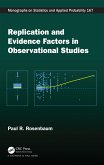Rather than compete with the proliferating methodological literature on RCT designs, this book focuses on cultivating a healthy skepticism among developing health professionals to support critical appraisal of their own and published work on RCTs at a fundamental level, including through a more informed understanding of the place of subgroup analyses in sound statistical inference. Management of the positive predictive value in the statistical analysis of RCT findings is included as an important topic for contemporary medical curricula. In comparing RCTs with non-randomised studies, a search for empirical evidence for the superiority of RCTs is initiated, pointing to the need for further work to confirm what form this evidence should take.
Medical educators will find a wealth of reasons to encourage their students to think more critically about how the RCT operates in practice as a gold standard.
Dieser Download kann aus rechtlichen Gründen nur mit Rechnungsadresse in A, B, BG, CY, CZ, D, DK, EW, E, FIN, F, GR, HR, H, IRL, I, LT, L, LR, M, NL, PL, P, R, S, SLO, SK ausgeliefert werden.
Hinweis: Dieser Artikel kann nur an eine deutsche Lieferadresse ausgeliefert werden.

